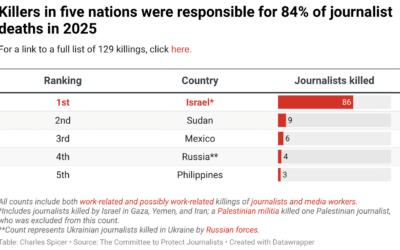The Department of Defense has routinely touted the success of flying tens of thousands of Afghans from Kabul as the country fell to the Taliban. A year later, thousands of the refugees are languishing in camps worldwide as they wait for Washington to allow them to enter America.
In Kosovo, the US opened Camp Liya next to the US Army base Camp Bondsteel. When Liya opened on August 29, 2021, the Pentagon said it would close in 365 days and act as a “lily pad” for Afghan refugees. The migrants were told they would only remain in Kosovo for a short time before receiving permission to enter the US or a third country. But many Afghans remain at Liya, and the DoD has scrapped plans to close the camp.
Speaking with DW, some camp residents said the Liya facility had become a prison. “A prisoner can have access to his case, and he can ask about his case, why he is here, for how long he will be in detention. If we ask that, they don’t give us any reason why we are in this camp and for how long,” one man said.
Another noted that he has been unable to earn money for his family back in Afghanistan while stuck at the camp, saying his children are going hungry.
Many of the permanent residents of Liya say Washington has been opaque about the status of their immigration applications, declining to offer details while keeping them in a state of limbo.
“They told us that we would be here for a couple of months, but we are here for almost one year. After eight months they said: ‘You are not eligible to go to America.’ We ask them what’s the reason. They didn’t tell us,” an Afghan refugee told DW. Others say they have received no response from the US after several months.
While most detainees lack the resources to hire lawyers, one higher-profile resident at Liya – former Afghan intelligence head Mohammad Arif Sarwari – has an ex-Pentagon official working on his behalf. After meeting Sarwari while working in Afghanistan as an intelligence analyst, Julie Sirrs has since become an attorney and agreed to represent the Afghan national as he navigates the resettlement process.
“I think the treatment is highly improper, especially in cases like my client’s, who provided tremendous assistance at great risk to his life,” Sirrs told DW. “I understand there are others in a similar position to him in the camp and it’s just shocking to me, the very poor treatment they’ve been getting through this process.”
Like the thousands of Afghans stranded at “Humanitarian City” in the UAE, residents of Camp Liya protested over the summer. One key complaint of refugees in both countries is deteriorating mental health among detainees. “Some people are depressed; some people have psychological problems,” an Afghan man told DW.
Kosovo’s Prime Minister Albin Kurti approved of Washington extending the life of Camp Luys beyond the initial one-year agreement but declined to make a public comment.
































